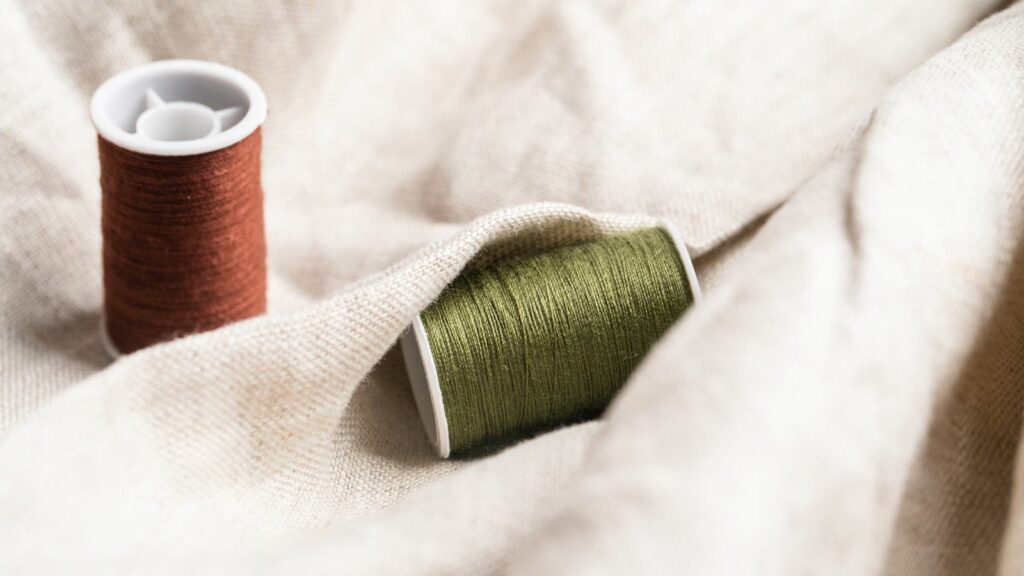In a world where fast fashion has dominated the market, sustainable fashion emerges as a beacon of hope. It’s not just about looking good; it’s about doing good, making a difference in the world, one outfit at a time.
Sustainable fashion is more than a trend; it’s a movement. It’s about understanding the impact of our choices, not only on our wardrobes but also on the environment and society at large. This article delves into the importance of sustainable fashion, and why it’s time we all took notice.
From the clothes we wear to the brands we support, every choice matters. So, let’s explore the significance of sustainable fashion and how it’s reshaping the industry and our world.
Why is Sustainable Fashion Important

Positively impacting the environment constitutes the primary importance of sustainable fashion. Production processes in this sector adopt environmentally-friendly practices. These include using organic materials, such as bamboo or hemp, reducing waste, and significantly diminishing energy use. For instance, Patagonia and Eileen Fisher, noted sustainable brands, employ recycled materials in many of their designs, drastically cutting down on waste.
Secondly, it’s critical to humanity. Renewable fashion promotes fair working conditions, ensuring employees in the industry get adequate wages and work in safe environments. Recognizable brands such as People Tree and Thought demonstrate commitment to ethical labor practices, setting an example for the industry.
Thirdly, but no less significant, sustainable fashion represents a strong economic choice. It supports local businesses and encourages traditional techniques and artisanship. A prime example is the brand Soko, which works directly with artisans in Kenya, enhancing their economic well-being.
To sum up, the importance of sustainable fashion transcends the sphere of mere clothing. Its influence permeates the environment, economy, society, and human lives. This transformative power makes it not just necessary but crucial for a future that wishes to thrive both ethically and sustainably.
Understanding Sustainable Fashion

Sustainable fashion, or ‘eco-fashion’, hinges on the principle of producing clothing in an environmentally and socially conscious manner. Its emphasis remains firmly planted in the usage of organic materials, manpower usage reduction, and waste alleviation. Recognizable labels like Patagonia and Eileen Fisher epitomize these eco-friendly production practices.
Beyond the immediacy of ethical garment production, sustainable fashion advocates for bolstering local enterprises and age-long mastery, evidenced in Soko’s productive alliance with Kenyan artisans. Brands such as Everlane set examples by confronting the disposable culture that fast fashion encourages, pioneering shifts towards transparency and consumer cognizance.
Key Players in the Sustainable Fashion Industry

Leaders within the sustainable fashion industry foster the eco-conscious change sweeping through fashion. Notable brands include Patagonia, Eileen Fisher, People Tree, Thought, Everlane, and Soko.
Patagonia, a pioneer in sustainable fashion, consistently instills the mantra of ‘repair, reuse, recycle’. Eileen Fisher, revered for its timeless styles, meticulously emphasizes organic fabrics and fair trade.
People Tree and Thought adhere to the principles of fair trade and organic materials, making them significant players in the sustainable fashion industry. Their collections predominantly feature organic cotton, hemp, and recycled fabrics such as polyester.
In all, these brands exemplify the potential of the sustainable fashion industry to affect positive change on multiple fronts, corresponding directly with their previous mention in the article.
Future Trends in Sustainable Fashion
Sustainable fashion isn’t just a fleeting trend – it’s a movement that’s here to stay. The brands leading the charge, like Patagonia, Eileen Fisher, People Tree, Thought, Everlane, and Soko, are shaping the future of the industry. They’re not only reducing environmental impact but also promoting social justice and economic growth. Through their efforts, they’re proving that it’s possible to be stylish, conscious, and responsible at the same time. As more brands follow suit, and consumers continue to demand transparency and sustainability, we can expect to see a fashion industry that’s kinder to the planet and its people. The future of fashion is sustainable, and it’s a future we can all look forward to.

